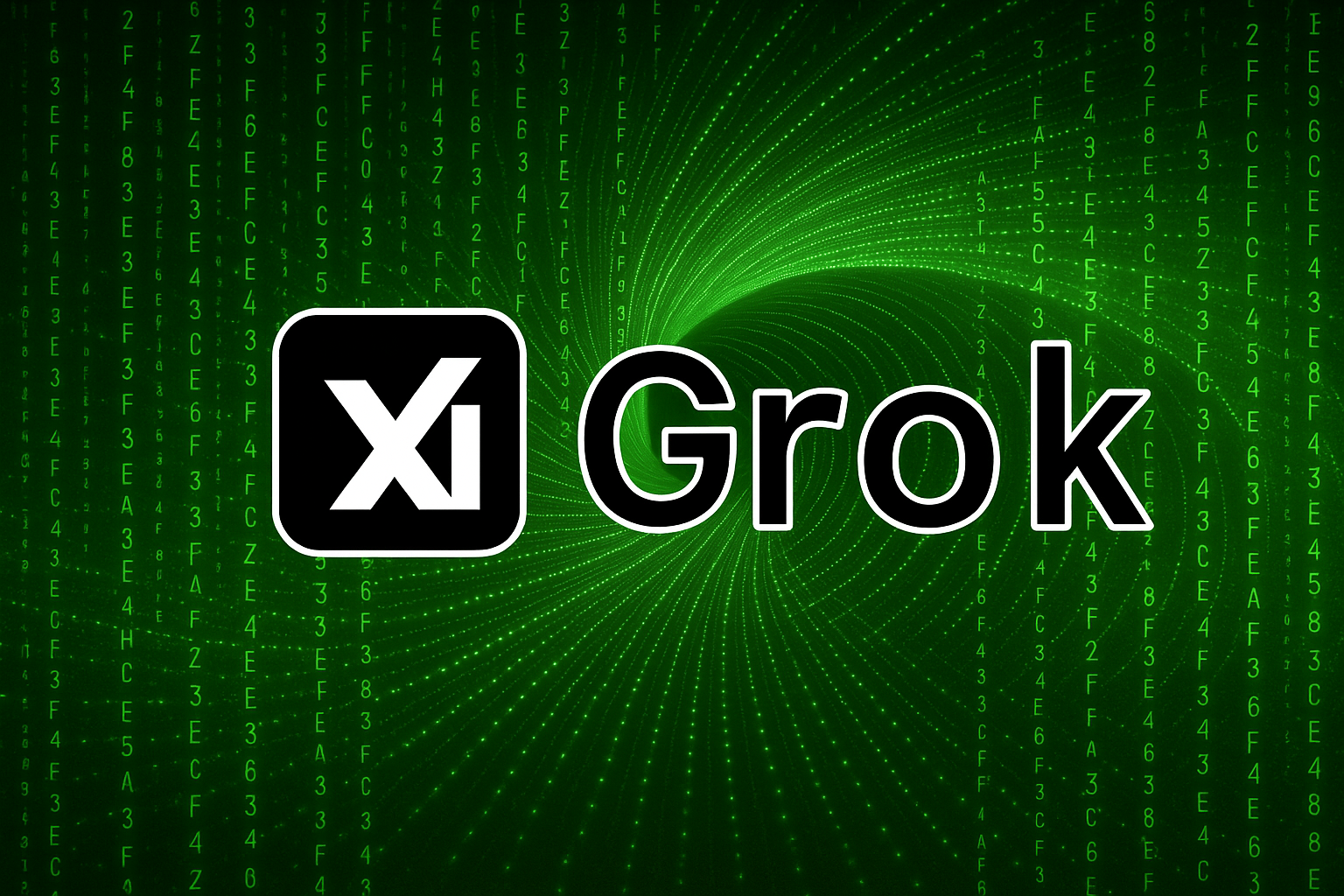Imagine a world where readers no longer visit newspaper websites or click through to essays and long-form features. Instead, they ask their AI assistant for a quick summary—and never see the original piece. This scenario isn’t a dystopian fantasy; it’s already unfolding. Tools like ChatGPT, Claude, Google Overviews, and Perplexity are rewiring how people consume information. And publishers are feeling the shockwaves: some are reporting drops in referral traffic exceeding 30 percent. Advertising revenue shrinks, subscription renewals taper off, staff lay-offs follow—and the once-reliable engine of investigative journalism starts to sputter.
The Origins of the Crisis: Massive Scraping and Unlicensed Data
At the heart of this transformation lies a hidden engine: massive datasets scraped from the web—without approval. Entire libraries of articles, paywalled book excerpts, and academic papers have been collected from public archives and shadowy sites. These troves then serve as raw fodder for training generative models. The result? AI systems capable of summarizing novels, condensing newspaper investigations, and even rephrasing opinion essays with unsettling accuracy. All without compensating the creators.
Even more troubling for publishers: these same summaries replicate key insights and narrative structure. For readers, yes—they get convenience. For authors and publishers, the bot’s answer often fulfills the need, leaving the source unseen and unrewarded.
Legal Maneuvers: Are Courts on the Side of Fair Use—or Creators?
Publishers fought back. Some have filed lawsuits, alleging copyright infringement on a massive scale. One federal judge acknowledged that using books for training might qualify as “transformative” under fair‑use—but still allowed trial proceedings focused on how pirated content was obtained. In another notable case, a judge ruled that a tech company’s use of scraped text fell under fair‑use—but criticized plaintiffs for weak legal argumentation. Meanwhile, a major software giant now faces a lawsuit in New York, accused of using hundreds of thousands of unlicensed books to build an LLM.
The landscape is murky. Courts seem increasingly amenable to the idea that AI training constitutes creative repurposing—but lines are still drawn around methods and contexts of data acquisition. Either way, publishers see this as a gamble: they risk a precedent that legitimizes scraping in bulk, overwhelming the compensatory models they desperately need.
Beyond Courtrooms: Licensing Comes into View
In parallel with the lawsuits, publishers are exploring treaties of their own: licensing agreements. The idea appears simple—establish terms allowing AI developers legible access to content, in exchange for payment, attribution, and control. But the negotiations are proving fractious. Tech companies cite volume and technical complexity; publishers cite opacity and power imbalance. Many deals are rumored to include nondisclosure clauses, leaving smaller presses and independent creators in the cold.
Still, licensing represents a pragmatic alternative. Instead of an adversarial legal fight, both sides could share in the rewards of this AI revolution—if the architecture of the agreements supports equitable revenue splits, clear attribution, and sustainable investment.
Cultural Consequences: Quality, Attention, and the Rise of “AI Slop”
Critics argue that we’re trading depth for digestibility. The phenomenon has even been dubbed “AI slop”—mass-produced, low-effort content generated at scale. In a market dominated by summaries and high-level variants, the elaborate prose and rigorous reporting of ambitious writers lose their spotlight. If fewer people read full articles, publishers earn less. If fewer writers get paid, fewer long-form pieces get written. The vicious circle looms: convenience replacing quality; quantity replacing nuance.
Looking Ahead: Four Futures Unfold
- Planned Coexistence
AI companies adopt transparent licensing, revenue-sharing APIs, and clear attribution. Think Spotify for words. Publishers receive per-passage or per-article payments; readers get premium summaries with the option to “Read the Full Story.” Ecosystems thrive on collaboration. - Government Intervention
In Europe and increasingly in other jurisdictions, lawmakers could mandate data‑use transparency, copyright royalties for scraped content, or opt-in frameworks for large-scale training. Regulators may require AI systems to label unlicensed derivatives or cease training on pirated material entirely. This path could solve equity—but risk over-regulation and innovation slowdown. - Creative Adaptation
Publishers reimagine themselves—leaner, more specialized, and member-supported. Investigative reporting, deeply researched long reads, and niche subject matter become subscriber rewards. Think Substack newsletters, or Patreon-exclusive series. Without the click volumes, media outlets become service providers to committed audiences. - Platform Dominance
AI intermediaries accumulate content and redefine the value chain. Platforms direct all major queries to their summaries—websites become irrelevant, buried algorithms control attention. Creators must pay to play, turning publishing into a domain exclusive to those who can afford to be visible in an algorithmic feed. Without regulation or licensing, this future threatens diversity and independent voices.
A Global Patchwork: Diverse Regulation, Varied Outcomes
Across the Atlantic, Europe is ahead in proposing restrictions on web-scale scraping and rules around text‑data‑mining. In Australia and Canada, legislative conversations are emerging. In contrast, U.S. law balances on a tightrope: legal decisions emphasizing fair‑use are empowering AI firms—while ongoing suits challenge those gains. Without international coordination, content licensing may become fragmented, political tumult may hinder enforcement, and inequity between small and large publishers will deepen.
Final Thoughts: Toward a Sustainable AI Ecosystem
Generative AI is an epochal tool—but its unlocking has leaned heavily on unlicensed materials. Now that the genie is out of the jar, the key question is whether we can return value to those whose labor built the ecosystem in the first place. We face a reckoning: Do we let convenience hollow out deep content? Or do we build systems that reinforce creativity—with transparency, compensation, attribution, and accountability?
The next two years will shape that answer. Publishers, tech platforms, and regulators stand at a crossroads. One path leads toward a vibrant, cooperative, and culturally rich media landscape. The other… may signal the last great age of free‑form thinking and fearless reporting.





1 Comment
Michael
June 30, 2025I believe NFTs could serve as a new kind of proof of ownership for digital content. If AI models are allowed to train on content, they could potentially reward NFT holders based on usage—creating a system where ownership and compensation are built into the AI training process. Curious to hear others’ thoughts on this.